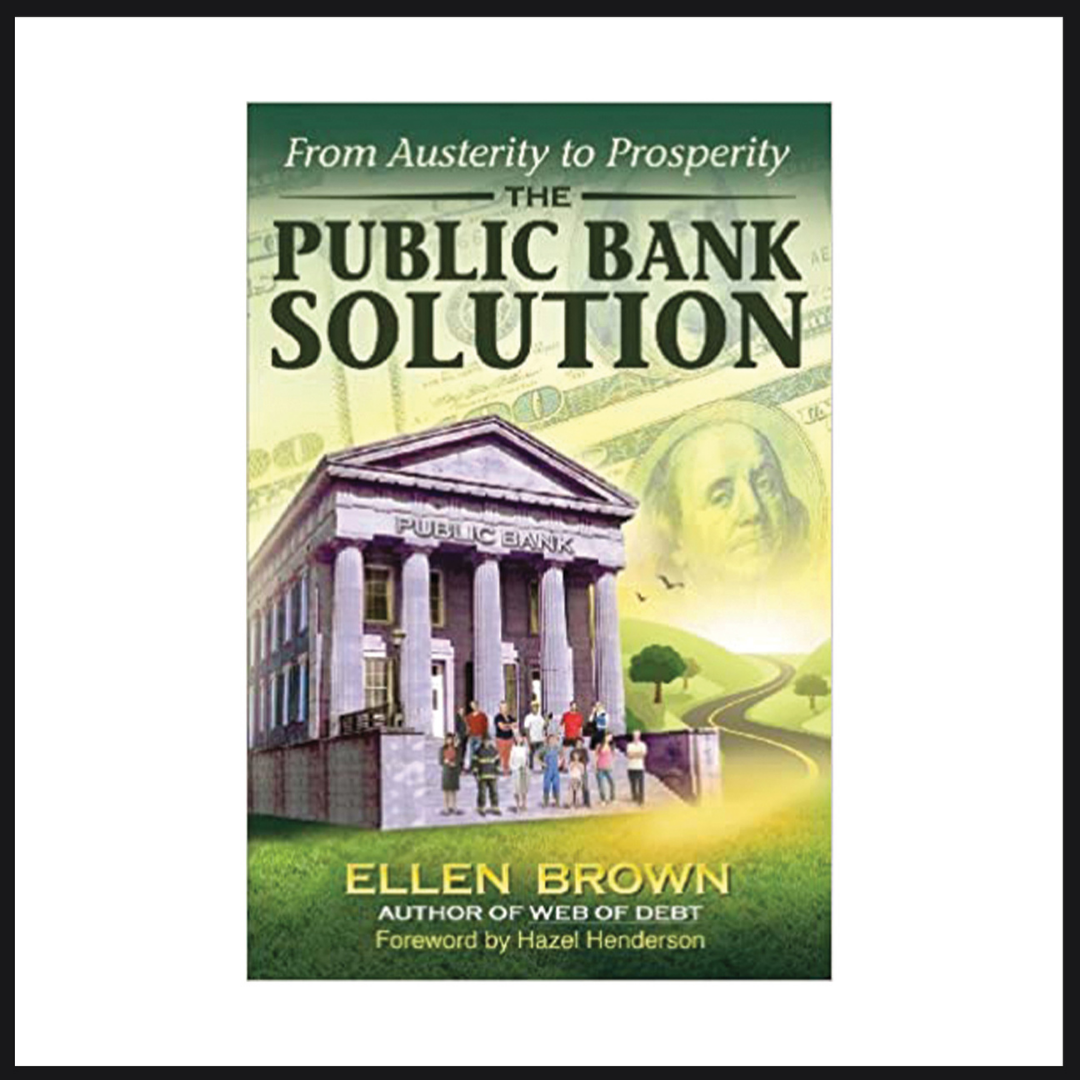When so many people are unhappy over so many different issues, it naturally creates a paralyzing gridlock.
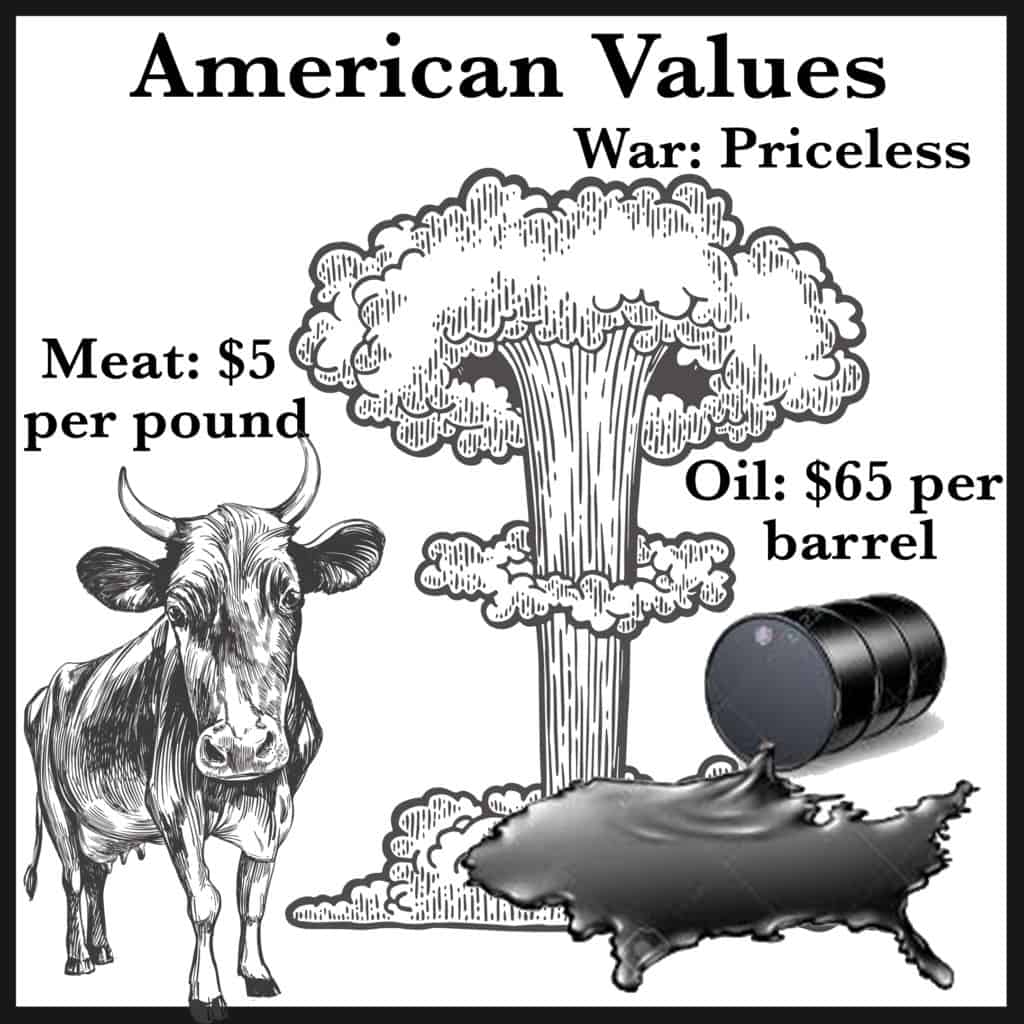
By Robert Simmons
…there is nowhere you can be that isn’t where you’re meant to be.
John Lennon, All You Need is Love
I. What Causes Political (and Social) Polarization?
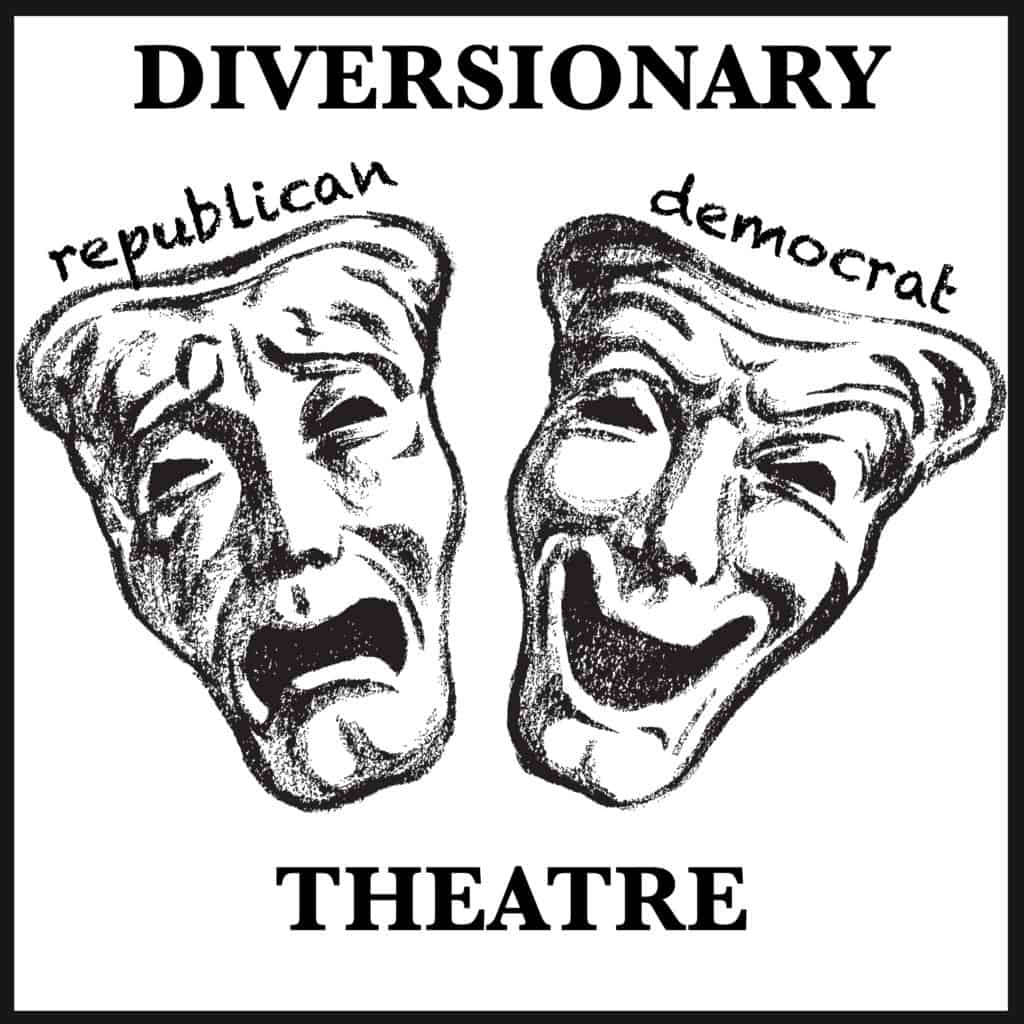
When so many people are unhappy over so many different issues, it naturally creates a paralyzing gridlock. Every one is voicing their particular unhappiness, and is certainly not in the mood to empathize with anyone else’s. If women were in charge, they would pull over, get out a map, and figure out how we all made the same wrong turn, in order to wind up here. Unfortunately, men are driving this vehicle, and men hate to pull over and ask for directions. Even so, we’ll be stuck in this gridlock until we plot a course out of it together, so perhaps a good first step would be to recall the various turns that led us to our current political and social stalemate.
Warning: since it is nearly impossible to see what is on our horizon from a “ground level” perspective, we will need to mentally rise up above the commotion, and take a look at the Bigger Picture.
II. All Roads Lead to Nowhere
From a “Big Picture” perspective, the simplest way to understand why people are unhappy is that they are not getting enough of something. They need MORE. Unfortunately, it is hard to get enough MORE, because MORE implies one never has enough.
This MORE is also reflected in our Economics, through the constant drive to achieve Economic Growth. Economic Growth is similar to Obesity: though it is not a direction, per se, it does lead toward many predictable outcomes.
One outcome is Economic Inequality, because the problem with MORE is that there is not an endless supply of it. This ultimately divides people into two distinct categories; those who “have” the MORE, and those who “have not”.
In truth, people only settle for MORE because they can’t get what they really want, which is to have it ALL.
When two people want the same thing, they can either share it, or decide they want all of it for themselves. Americans always choose the latter. This is how everything turns into a COMPETITION, where one wins at the expense of another. Of all America’s addictions, the feeling of WINNING is the most profound, and we put everything on the line for it: our life, liberty and happiness. Winning is the ultimate high, and we all die a little extra every day to feel that high.
A. ECONOMICS
Magnify winners and losers by 330 million Americans, and 0.01% might get it ALL, 3% might get NOTHING, and the rest will wind up treading water somewhere in between, their heads bobbing at varying levels above the rising tide of Economic Growth.
Meanwhile, the ascent of Corporate America has supersized everything, and shows the natural evolution of an economic winner-take-all society. Without government stepping in to break up monopolies, corporations would indeed win it ALL, and half of us would be working for a crappy wage at Walmart, McDonald’s or Amazon, in order to pay for the other half of us, who would be unemployed as part of corporate downsizing to ensure maximum profits.
B. POLITICS
With the ratio of Winners to Losers, one would think that the party of the Losers would have the biggest base – which it does – but the margin is very slim. Two reasons for this slim margin are:
- if any game appears to be “fair enough” (or even if it doesn’t), there are some people (we euphemistically call them “gamblers”) who invariably believe they will still beat the odds and win. Casinos and Capitalists everywhere love these people.
- Clever politicians (like Mitch McConnell from Kentucky, for instance), can espouse the values of the the wealthy (i.e. no Big Government restraints on Economics), while sneaking the largest sum of free money possible from the government till. Sixteen of the top 20 states procuring welfare are Republican States, who meanwhile cast their votes against the concept of welfare.
This hypocrisy leads to the conclusion that Politics is itself only a game, half reality show, half sport;
It exists merely for diversion – certainly not to solve any real problems. People are allowed to root for their favorite teams, follow the players, assign heroes and villains, etc. Politicians maintain credibility by either tapping into or reflecting the emotions of their constituency; if their constituents are angry, politicians better reflect this anger, if they hope to keep working in politics.
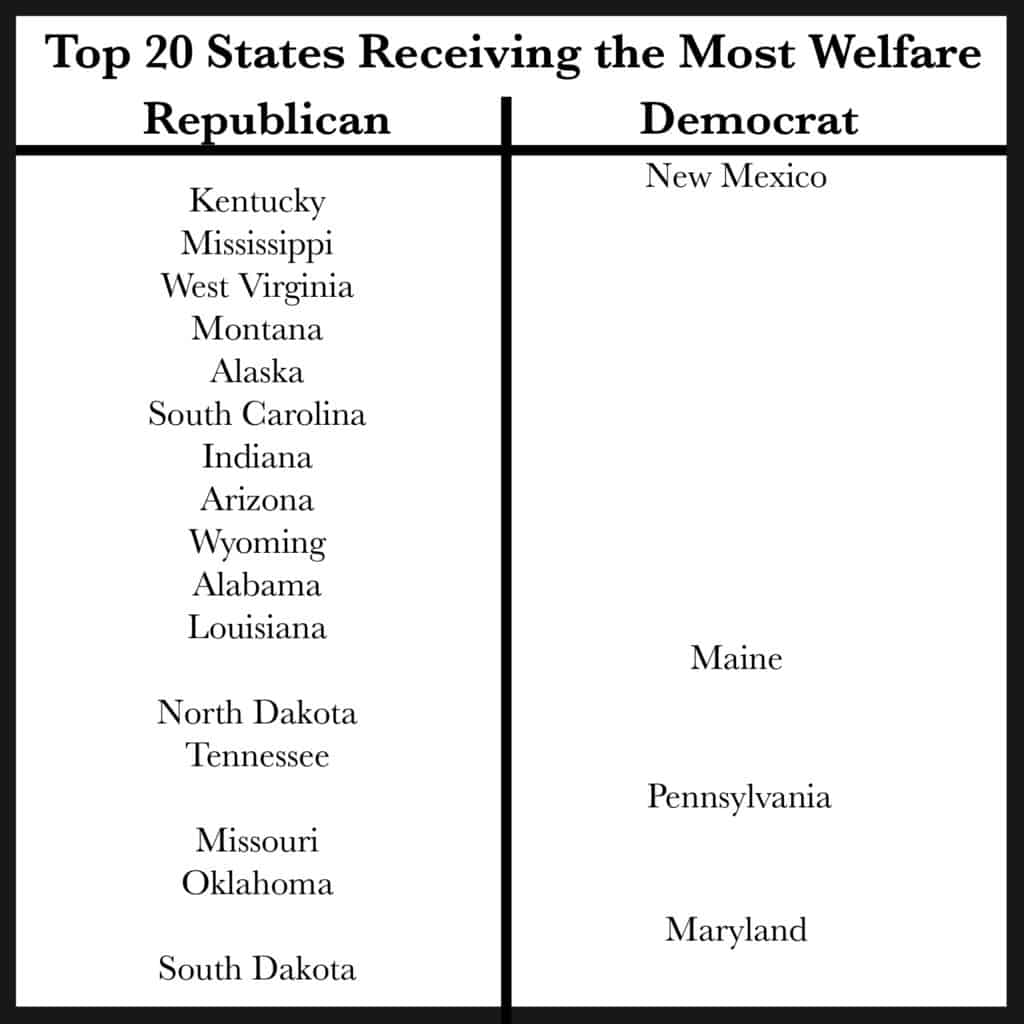
C. THE MEDIA
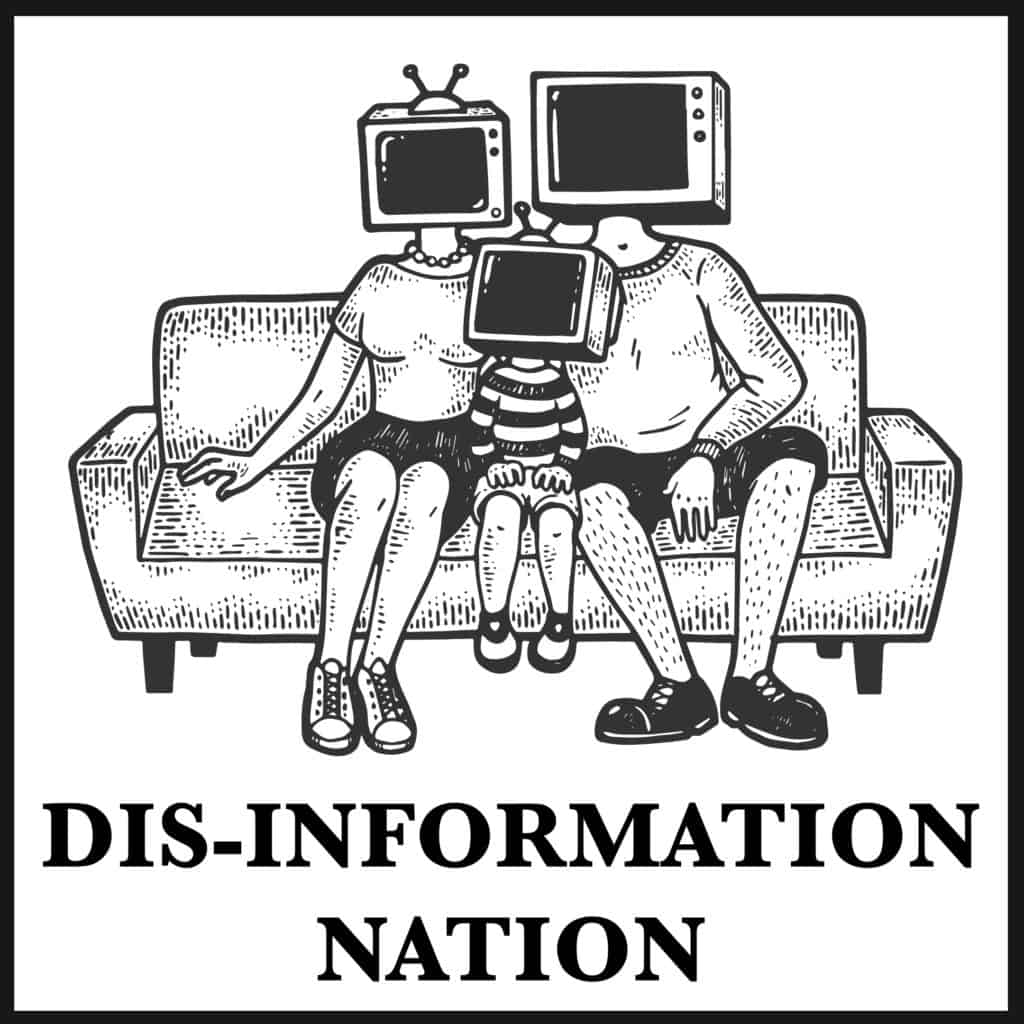
Yes, the media is completely disappointing, but only because of expectations they have ironically created themselves. Media constantly touts its crucial role in maintaining a Democracy, when in reality, Democracy is the only reason a Free Press could ever exist. The point is moot, anyway, because we do not have a Free Press, because we are not being run by Democracy; we are being run by a Market Economy, and the Media is shackled to it, just like the rest of us. They must establish a base, in order to get paid, and write the kinds of things that its base wishes to hear, or risk being canned, just like the politician.
D. THE CITIZENS
Through our economics (that informs our politics and influences our media), We the American People have become institutionalized. We have been forced into a homogenous way of thinking. We have been given so many choices, it has confused us into seeking guidance from the very people who stand to profit from these choices. We have commodified ourselves and our children, attempting to package and sell them (via scholarships) to overpriced schools; meanwhile, kids willingly sell themselves on social media, because that is the world we have shown them. It has become as natural as the air we breathe. America is one large prostitution ring, and this narrow mindset has created a sort of intellectual inbreeding – a closed-minded feedback loop of meaningless economic dogma, dumbing us down to some lowest common denominator.
People cannot help but join groups, and belong to something larger than themselves. Because we are not always sure what “good” is, we usually follow the biggest crowd; at least we know “there is safety in numbers”.
There are 43% of us, however, who are quite particular about what they believe, and remain “independent” of these “big tent” groups. Unfortunately, they rarely partake in the system of voting at all; this leaves only the most intense true believers to battle it out, which cannot help but turn the heat up a couple more notches.
When people become rabid fans of a team or group or religion, they of course wish to congregate with their like-minded base, and our internet is a marvelous tool for that. Before this kind of technology, people were actually forced to step outside their houses if they wanted to meet someone, which at least facilitated some minimal amount of conversation, some “listening practice” – all which might lead to more tempered opinions. Now, we don’t have to live with anything anymore. We can talk and listen to ourselves all day long, and if necessary, block any trolls.
There is a price to pay for our isolation, however, because we do have our own thoughts and feelings; we are more than a cog in this economic machine. Why would we bother to search out people who are just like us? In the true pursuit of happiness, wouldn’t we seek out different kinds of people, to expand our intellect and deepen our knowledge or experience? We seek out like-minded people because we need either corroboration or vindication – proof that we matter in some way. We are not looking to form friendships right now, that only happens in times of peace. Right now, we are looking to form alliances.
E. GOVERNMENT
Government has got a thankless job; Capitalism would collapse without Government constantly propping it up. Sadly, Government gets no love from its people for this fact, possibly because, deep down, we know Capitalism is killing all of us – maybe we actually resent Government because it kisses up to Capitalism, when it should be taking care of us first. It really is perplexing that we hand any money over to the private sector, when it has no obligation whatsoever to secure any of these so-called inalienable rights. Honestly, do the shiny marked up knock-offs of freedom and happiness that Capitalism sells us really match up with our imagined vision of what freedom and happiness should be? This is not a brave world or a new world at all, is it.
III. Seeking Better Outcomes
It is unlikely we can change who we are, so solutions need to focus on the Systems we have created. The first question to ask is: What are the outcomes we seek? In other words, we need to choose a direction for ourselves as a country. This speaks to values – ones that can bend us toward behaviors that will promote our health and happiness.
The Third Option has many different plans to combat this current polarization within America, and they center around simple guidelines: what would our system of Government look like if it truly ensured more Fairness, Certainty, Inclusivity, and Sustainability?
- It would make sure that every one’s basic “survival” needs are secured. To make this sustainable, The Third Option would employ economics: Americans would buy the necessary infrastructure, work within it, and consume these basic needs (water, energy, communication, etc.) in a closed loop arrangement financed through a National Public Bank.
- The Third Option really believes in competition, but only in the form of sports or other organized games. When people play a sport, they learn to follow rules, employ etiquette, and learn how to handle winning and losing. Many of the people winning in economics never learned anything about the spirit of competition, following rules, or having etiquette; if we all learn how to “keep it on the field”, and satisfy our competitive juices in less harmful ways, we can spend at least part of our lives competition-free.
- The Third Option feels if power was given back to Communities, by having the resources of Government go directly to them, people would be able to restore the idea of civic virtue, come out of their dwellings, and decide how they want their communities to be structured. This should allow a space for diversity, small business, better urban planning, civic engagement; it would begin to reconnect people in more healthy ways.
- The Third Option feels that everyone needs to vote. Each current “District”, which sends a Representative to Congress, is comprised of seven different Communities of approximately 100,000 people. The desire to vote starts with believing your vote will count, and through online Community voting, important needs within the Community can be addressed. With Federal money flowing freely, in the form of loans, people would be more motivated to speak up (Usually, people only come together to stop some large money interests from gentrifying or supersizing their communities, but this money would be the people’s money, so citizens would have a vested interest in how the money is spent). Once this online Community voting system is in place, it could also be used to choose District Reps and State Senators. A foundation of citizen involvement cannot be activated from the top down; like any foundation, we must build it from the bottom up.
People will always join together in order to build something, and will always fragment in order to protect something (that they feel is being taken from them). To Give is a better mindset than the competitive desire to Take, when trying to foster Inclusivity and Fairness.
IV. Parting Shot
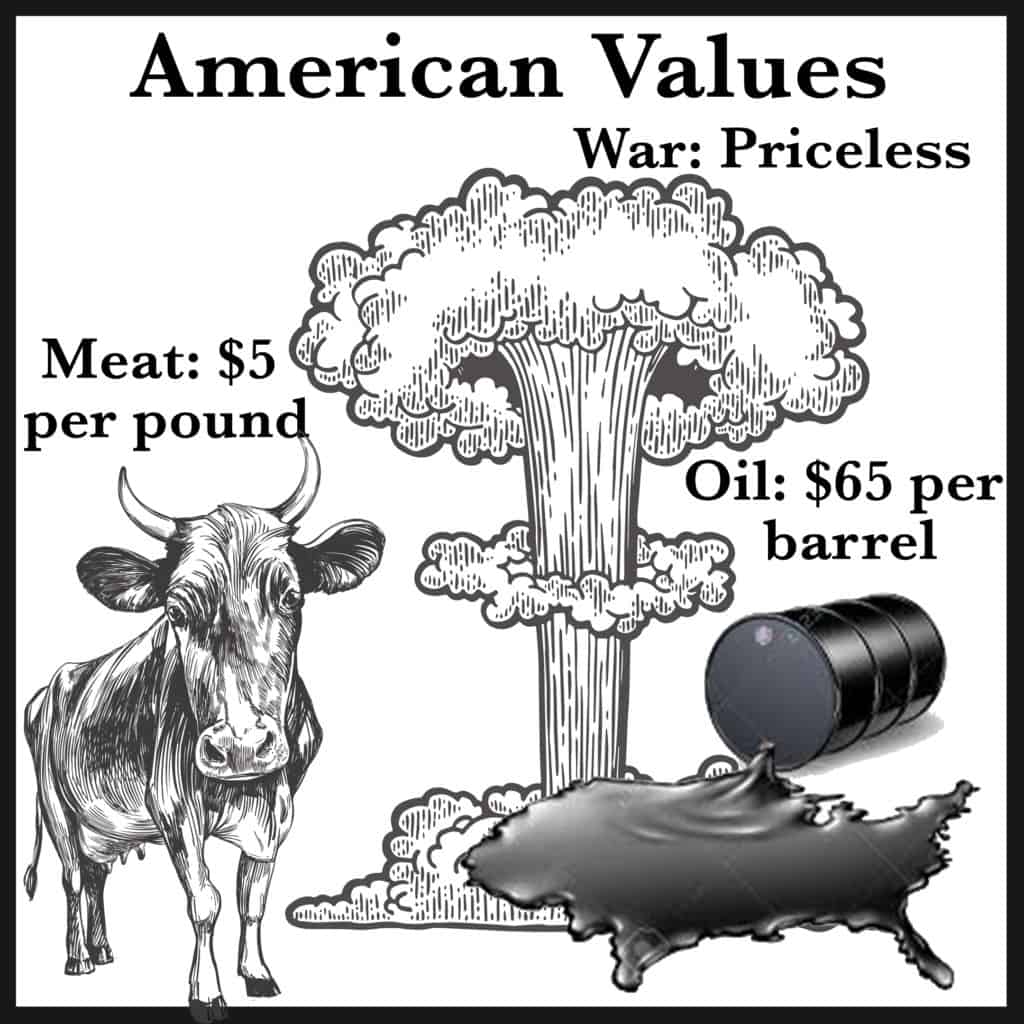
We at the Forebrain Underground are not proponents of Conspiracy Theories; we believe that inherent underlying motivations naturally evolve into the larger (“tip of the iceberg”) issues we see poking their heads up through the surface today. Still, when researching this topic, of the 41 different reasons given by “reputable” news sources regarding our current polarization, not one of them mentioned our Economic Structure as contributing to this current divide. Granted, the media greatly benefits from this system, as do we all, but this stuff is pretty obvious, which shows that even in America, propaganda and manipulative journalism is practiced. We have no doubt that there are level-headed journalists out there, who could not sell their work to “reputable” vendors, because these vendors are very sensitive about the actual truth; the relative truth is about as far as “reputable” vendors are willing to go.
To any journalists who wish to tell the actual truth about our current situation, we encourage you to write something for us, and if you fear reprisal, we would, of course, keep your identity secret.
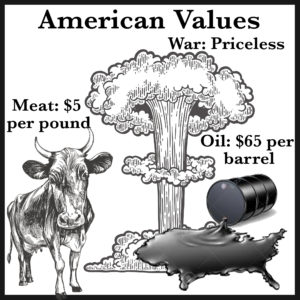
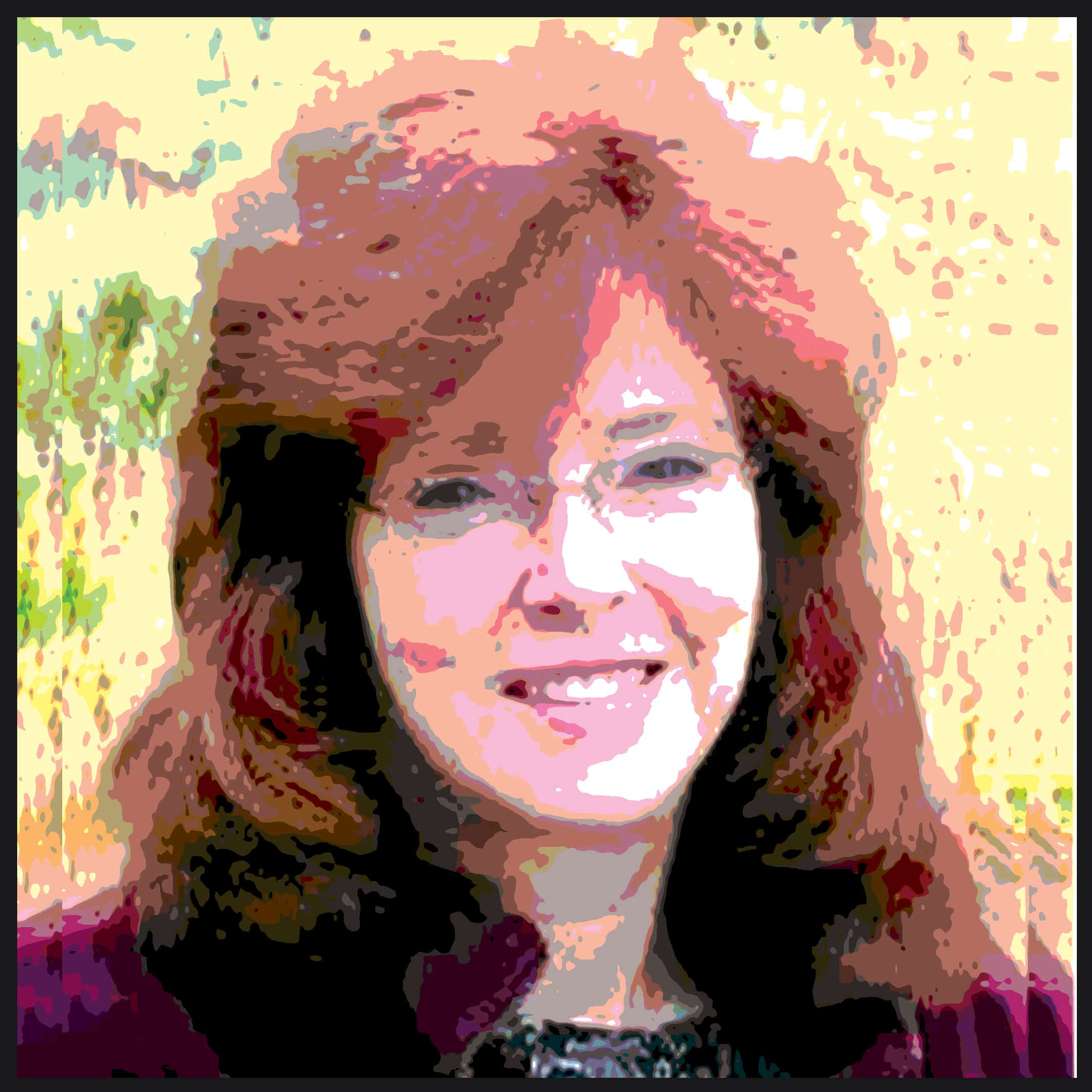 Ellen Brown Public Bank Solution and How We Could All Be Public Bank Shareholders
Ellen Brown Public Bank Solution and How We Could All Be Public Bank Shareholders